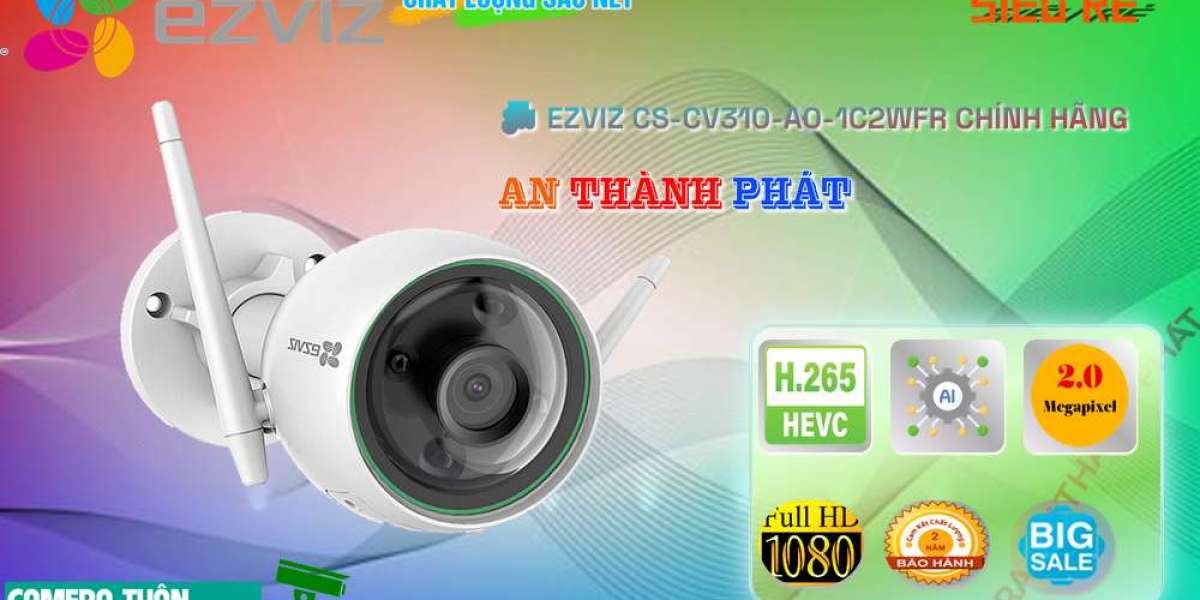In today's fast-paced business environment, efficiency and cost-effectiveness are paramount. One of the most effective ways to achieve these goals is through the implementation of advanced fleet management systems and GPS tracking software. These technologies not only streamline operations but also provide significant advantages in terms of cost savings, safety, and overall productivity.
Understanding Fleet Management Systems
A fleet management system is a comprehensive solution designed to manage and coordinate various fleet operations. This system includes vehicle tracking, maintenance scheduling, fuel management, driver behavior monitoring, and more. By integrating these functions, businesses can ensure their fleets operate smoothly and efficiently.
Key Benefits of Fleet Management Software
- Enhanced Operational Efficiency: Fleet management software automates many administrative tasks, reducing the time and effort required for manual processes. This leads to increased productivity and allows managers to focus on more strategic activities.
- Cost Reduction: By optimizing routes, reducing fuel consumption, and ensuring regular vehicle maintenance, businesses can significantly lower operational costs. Additionally, fleet management software helps in identifying and eliminating inefficiencies.
- Improved Safety: Monitoring driver behavior and vehicle health through a fleet management system can prevent accidents and reduce wear and tear. Features like real-time alerts for harsh braking, speeding, and other unsafe behaviors help in promoting safer driving practices.
- Compliance and Reporting: Fleet management systems assist in maintaining compliance with regulatory requirements. Automated reporting features make it easier to keep track of important data and generate necessary documents.
The Role of GPS Tracking Systems
A GPS tracking system is an integral component of fleet management. It uses satellite technology to provide real-time location data of vehicles, enabling managers to monitor and manage their fleets effectively.
Advantages of GPS Tracking Software
- Real-Time Location Tracking: Knowing the exact location of each vehicle at any given time helps in efficient route planning and quick decision-making. This leads to reduced delivery times and improved customer satisfaction.
- Route Optimization: GPS tracking software analyzes traffic patterns and suggests optimal routes, saving time and fuel. This ensures that deliveries and services are carried out promptly and cost-effectively.
- Theft Prevention and Recovery: GPS tracking systems offer security benefits by providing alerts in case of unauthorized vehicle movement. This enhances asset protection and increases the chances of recovering stolen vehicles.
- Detailed Reporting: GPS tracking software provides detailed reports on vehicle usage, driving behavior, and other critical metrics. These insights help in making informed decisions and improving overall fleet performance.
Integrating Fleet Management and GPS Tracking for Maximum Efficiency
Combining fleet management software with GPS tracking systems creates a powerful tool for businesses. This integration provides a holistic view of fleet operations, enabling better decision-making and enhanced operational control.
- Seamless Communication: Integrated systems ensure seamless communication between drivers and managers, facilitating real-time updates and faster response times.
- Predictive Maintenance: By analyzing data from both fleet management and GPS tracking systems, businesses can predict maintenance needs and avoid costly breakdowns.
- Comprehensive Data Analysis: The integration allows for comprehensive data analysis, helping businesses to identify trends, measure performance, and implement continuous improvements.
Conclusion
Advanced fleet management systems and GPS tracking software are indispensable tools for modern businesses. They not only streamline operations but also offer significant benefits in terms of cost savings, safety, and efficiency. By leveraging these technologies, businesses can ensure their fleets are well-managed, compliant, and primed for optimal performance.
FAQs
1. What is a fleet management system? A fleet management system is a software solution designed to manage and coordinate various aspects of fleet operations, including vehicle tracking, maintenance scheduling, fuel management, and driver behavior monitoring.
2. How does GPS tracking software work? GPS tracking software uses satellite technology to provide real-time location data of vehicles. This information helps in route optimization, theft prevention, and monitoring driving behavior.
3. What are the benefits of integrating fleet management systems with GPS tracking? Integrating fleet management systems with GPS tracking provides a holistic view of fleet operations, enabling better decision-making, predictive maintenance, seamless communication, and comprehensive data analysis.
4. Can fleet management software help in reducing operational costs? Yes, fleet management software helps in reducing operational costs by optimizing routes, reducing fuel consumption, ensuring regular maintenance, and identifying inefficiencies.
5. How does GPS tracking improve fleet safety? GPS tracking improves fleet safety by monitoring driving behavior, providing real-time alerts for unsafe actions, and assisting in theft prevention and recovery.
6. What kind of reports can I generate with fleet management and GPS tracking software? You can generate detailed reports on vehicle usage, driver behavior, fuel consumption, maintenance schedules, and overall fleet performance. These reports help in making informed decisions and improving operational efficiency.
By adopting advanced fleet management systems and GPS tracking software, businesses can significantly enhance their operational efficiency, reduce costs, and improve overall fleet performance.







